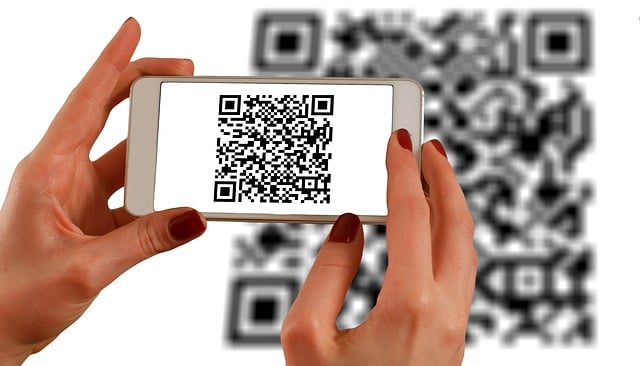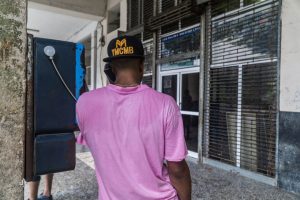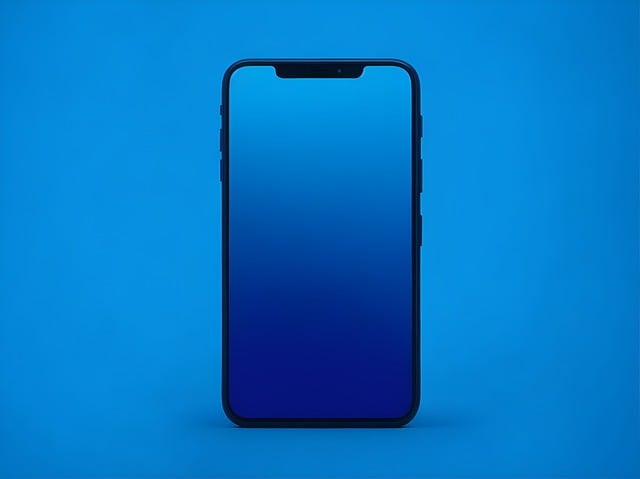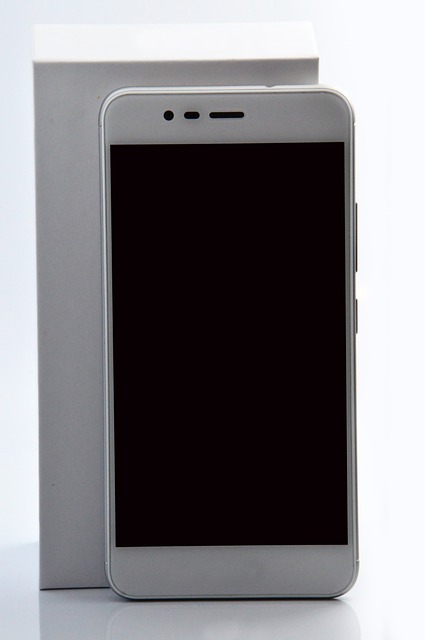In Los Angeles, the popularity of Augmented Reality (AR) and Virtual Reality (VR) technologies has led to an increase in unwanted interactions, including stalking, cyberbullying, and fraud. Unwanted call lawyers in the city face challenges as regulatory frameworks struggle to keep pace with these digital environments. These legal professionals are adapting by using AR for interactive simulations and VR for virtual courtroom experiences to better educate clients and prepare cases. They also tackle AR/VR-enabled scams, collaborating with industry leaders and lawmakers to establish guidelines that protect consumers without stifling innovation.
“The advent of Augmented Reality (AR) and Virtual Reality (VR) has opened new, uncharted frontiers for unwanted communication. This article explores how these technologies are being exploited for virtual harassment, focusing on the vibrant yet vulnerable city of Los Angeles, a hotbed for such activities. We delve into the strategies employed by Unwanted Call Lawyers in LA as they adapt to combat AR/VR-enabled scams and litigation. Through case studies, we navigate the complex legal landscape surrounding these new forms of distress.”
The Rise of AR and VR: A New Arena for Unwanted Communication
The advent of Augmented Reality (AR) and Virtual Reality (VR) technologies has opened up a new frontier for communication, but it’s also inadvertently created a platform for unwanted interactions. As these immersive experiences become more accessible, they attract a range of users, from hobbyists to marketers, each with their own motivations. This includes those who might use AR/VR as a means to initiate or continue unwanted calls and messages, targeting individuals without their consent.
Los Angeles, known for its tech-savvy population, has seen a rise in cases where AR/VR is exploited for telemarketing or even harassment. Unwanted call lawyers in Los Angeles are increasingly encountering clients who have experienced distressing interactions within these digital realms. The challenge lies in the regulatory gap surrounding virtual spaces, making it difficult to trace and hold accountable those engaging in abusive practices.
Los Angeles: A Hotbed for Virtual Harassment
Los Angeles, a bustling metropolis known for its vibrant culture and diverse population, has also become an unexpected hotbed for a new kind of harassment—virtual harassment. With the rise of augmented reality (AR) and virtual reality (VR) technologies, malicious actors are finding innovative ways to invade personal spaces and disrupt lives. From AR-enhanced stalking through public spaces to immersive VR environments used for cyberbullying, Los Angeles residents, especially those seeking solace in their homes, are not immune to these unwanted digital interactions.
This new frontier of harassment poses unique challenges, particularly for those who experience it. Unwanted call lawyers in Los Angeles are increasingly seeing cases related to AR and VR-facilitated stalking and harassment. As technology advances, so does the need for legal professionals specializing in these emerging areas, ensuring that victims have access to justice and protection in this modern landscape of communication.
How Unwanted Call Lawyers in LA are Adapting to Tech Advancements
In the digital age, where technology evolves rapidly, unwanted call lawyers in Los Angeles are staying ahead of the curve to adapt to new communication trends. With the rise of Augmented Reality (AR) and Virtual Reality (VR), these legal professionals recognize the potential impact on their field, particularly regarding unwanted calls and telemarketing practices. AR and VR technologies offer immersive experiences that can disrupt traditional business models, and legal experts are exploring innovative ways to incorporate these advancements into their strategies.
Unwanted call lawyers are beginning to leverage AR and VR tools for client interactions, education, and even in court presentations. For instance, they might use AR to create interactive simulations of common telemarketing scenarios, helping clients understand their rights and the legal implications of unwanted calls. Additionally, VR could provide a virtual courtroom experience, allowing lawyers to prepare and train for various cases in a simulated environment, thus enhancing their overall efficiency and success rates. As tech continues to shape communication patterns, Los Angeles’ unwanted call lawyers are embracing these changes to better serve their clients and stay at the forefront of legal representation.
Case Studies: AR/VR-Enabled Unwanted Contact Scams and Litigation
In recent years, the rise of Augmented Reality (AR) and Virtual Reality (VR) technologies has introduced new dimensions to unwanted communication, leading to a surge in AR/VR-enabled scams and legal battles. Case studies highlight how fraudsters are leveraging these immersive digital tools to target individuals, particularly in urban centers like Los Angeles, home to numerous unwanted call lawyers. AR-based scams often involve deceptive visual overlays that manipulate victims into revealing sensitive personal information or performing actions that compromise their security. For instance, a scammer might create a fake AR interface mimicking a legitimate government agency, tricking users into sharing confidential data.
Litigation arising from these incidents has led to legal challenges focusing on how to regulate and hold accountable the creators of such malicious AR/VR content. Unwanted call lawyers in Los Angeles have been involved in several high-profile cases, advocating for victims’ rights and seeking justice against the perpetrators who exploit these new technologies for financial gain or other malicious purposes. As AR and VR continue to evolve, so do the legal frameworks surrounding them, emphasizing the need for proactive measures to safeguard users from these digital threats.
Navigating the Future: Legal Strategies Against Virtual Annoyance
As Augmented Reality (AR) and Virtual Reality (VR) technologies continue to evolve, they open up new frontiers for unwanted communication, from virtual advertisements popping up in users’ living rooms to immersive telemarketing experiences. In Los Angeles, where tech innovation thrives, legal strategies must adapt to address the growing issue of virtual annoyance. Unwanted call lawyers in Los Angeles are increasingly called upon to navigate this complex landscape, where traditional rules of privacy and consumer protection may not fully apply to digital spaces.
To mitigate the impact of AR and VR-based unwanted communication, legal professionals need to stay ahead of regulatory changes and develop creative solutions. This involves understanding the unique challenges posed by these technologies, such as how to define and measure “unwanted” interactions in virtual environments. Collaboration between industry experts, lawmakers, and tech companies is crucial in establishing guidelines that protect consumers without stifling innovation. By staying informed about emerging trends and adapting legal strategies accordingly, unwanted call lawyers in Los Angeles can help ensure a harmonious future where technological advancements enhance user experiences rather than becoming a source of virtual nuisance.






